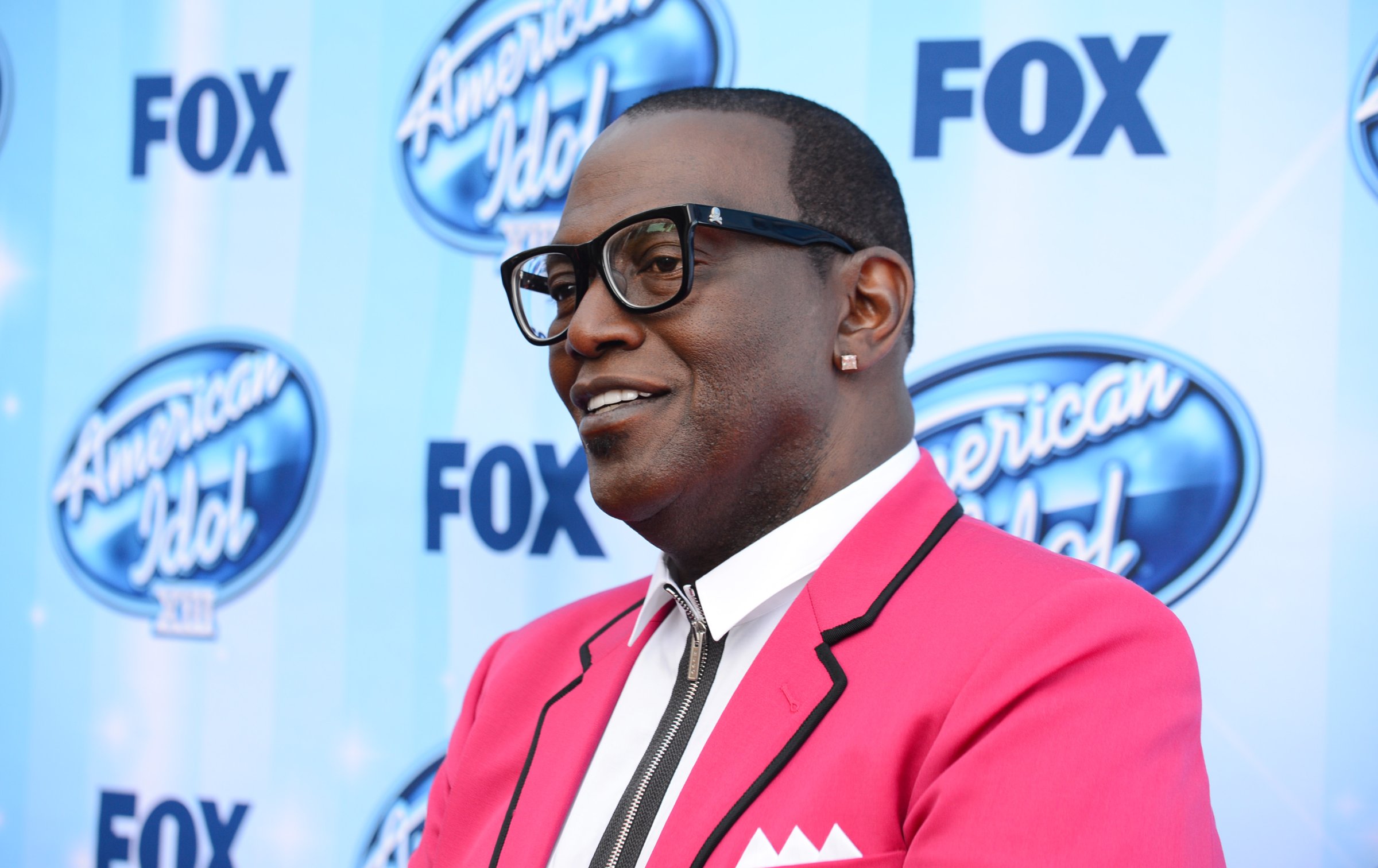
Fox’s venerable singing competition is now almost completely cut off from its roots.
Randy Jackson, the only original American Idol judge who had remained on the show (as a “mentor” to contestants), has announced he’s leaving the franchise; his fellow original judges Paula Abdul and Simon Cowell had left in 2009 and 2010, respectively. The Abdul/Cowell/Jackson judging panel, on which Jackson served as the coolest head amid Abdul and Cowell’s bickering, saw the show through its period of greatest success in its first eight seasons; in recent years, ratings have consistently fallen amid judging panel shake-ups that have seen everyone from Ellen DeGeneres and Kara DioGuardi to Mariah Carey and Nicki Minaj take a turn at judging.
The only on-camera personality from Idol‘s glory days to stay with the production is host Ryan Seacrest, who’s branched out into various other enterprises while hosting the show. But neither Abdul nor Cowell have seen Idol-level success in their subsequent projects stateside; Cowell’s attempt to bring his globally successful X Factor franchise stateside with Abdul as a judge was a non-starter. There was something very particular about the contentious original panel that helped spur Idol‘s success; unlike, say, The Voice, which switches out panelists quite frequently, Idol couldn’t stay as big a hit as it was without every original judge accounted for.
Jackson’s role on the show has been significantly reduced in recent years, with a new judging group comprised of Harry Connick Jr., Jennifer Lopez, and Keith Urban getting praise for bringing the show back from the period of high dudgeon and intra-panel fighting that defined the Carey/Minaj year. But the show seems, now, far past the point at which it might somehow become, again, the single most discussed program on the air. Jackson, whose weird vocabulary tics (“dawg,” “pitchy”) caught the public’s imagination before, eventually, coming to seem exhausting, was one of the luckiest people in Hollywood. In just about any other entertainment context he would not have been able to build thirteen years as an on-camera personality on the basis of catchphrases and vague praise for amateur singers. But he was also an undefinably valuable part of a panel whose value was only apparent once it was disbanded.
More Must-Reads From TIME
- The 100 Most Influential People of 2024
- The Revolution of Yulia Navalnaya
- 6 Compliments That Land Every Time
- What's the Deal With the Bitcoin Halving?
- If You're Dating Right Now , You're Brave: Column
- The AI That Could Heal a Divided Internet
- Fallout Is a Brilliant Model for the Future of Video Game Adaptations
- Want Weekly Recs on What to Watch, Read, and More? Sign Up for Worth Your Time
Contact us at letters@time.com